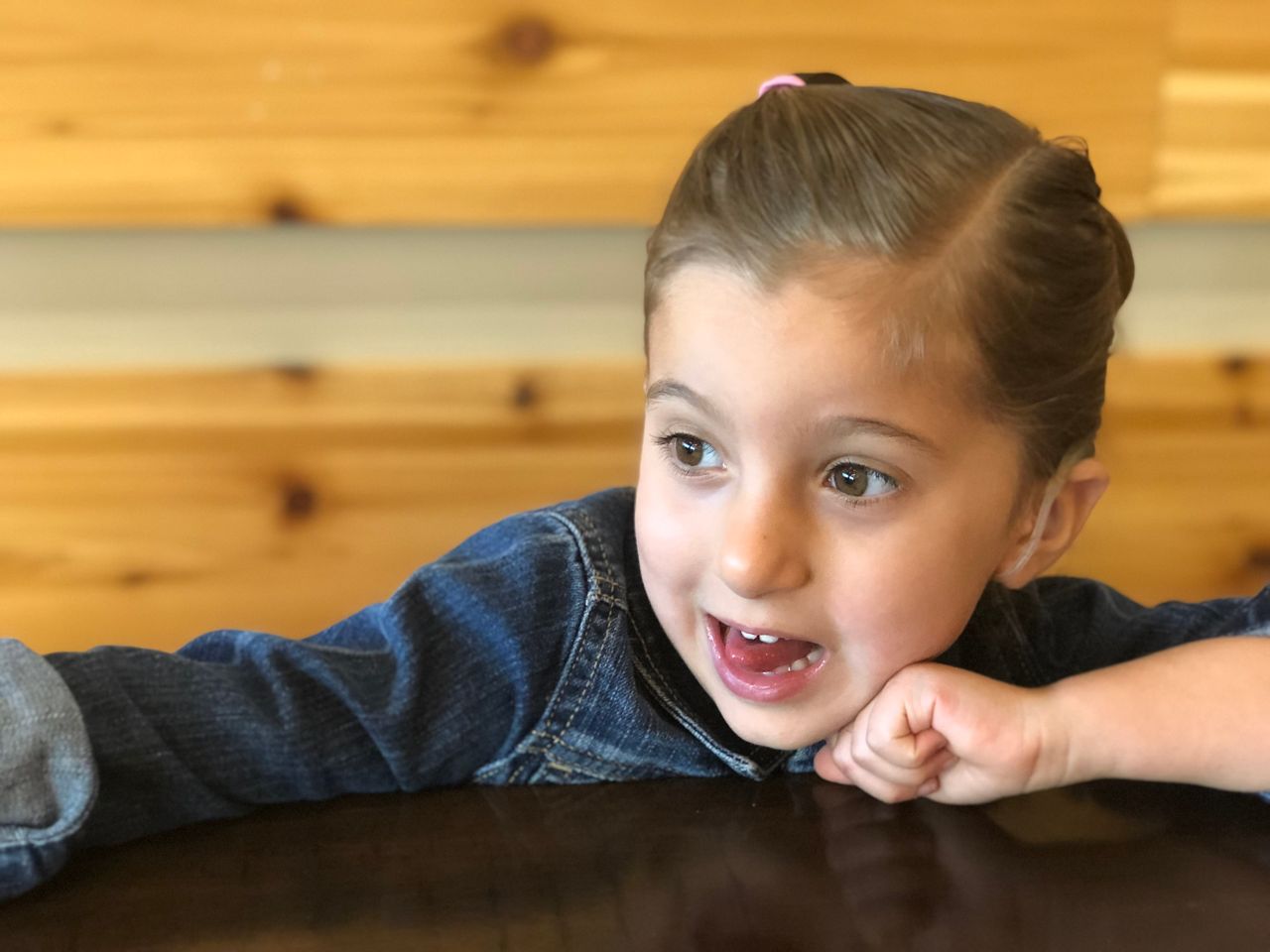ST. PETERSBURG, Fla. — A Florida law going into effect on Jan. 1 will require newborns who fail hearing screenings to be tested for congenital cytomegalovirus, or CMV.
Dr. Juan Dumois, a pediatric infectious diseases physician at Johns Hopkins All Children's Hospital, said CMV is very common but can have serious consequences for unborn babies if their mothers experience an initial infection while pregnant.
“It can cause damage in several different parts of the baby’s body, and most severely, the brain can be damaged,” said Dumois.
Dumois said CMV can also affect hearing by damaging the way nerves work to transmit hearing to the brain.
“The referral for CMV testing is sort of dependent upon the physician who is taking care of the baby for whom the hearing screening failed,” said Dumois. “Now, it’s going to be a standard policy, and not so much dependent on whether the treating doctor thinks about it.”
The new law calls for hospitals and state-licensed birthing facilities to perform CMV testing before a baby is three weeks old.
“That three week cut-off is important. If you test a baby for CMV after three weeks of age, then you don’t know - were they infected during pregnancy, or did they catch CMV sometime after they were born? We know that the bad effects, potentially on the brain and especially hearing, are more so in those babies who are infected during pregnancy,” said Dumois. “So, making that diagnosis before three weeks of age is extremely important in deciding whether this baby is a candidate for the antiviral drug.”
Early detection also means families can seek earlier interventions.
“The goal is to screen all newborns for hearing loss in order to alleviate the adverse effects of hearing loss on speech and language development, academic performance, and cognitive development,” reads the text of SB 292.
Jacksonville resident Lara Mattina said her daughter, Zoe, failed her newborn hearing screening the day after she and her twin sister, Maia, were born. Mattina said Zoe was five days old when an audiologist told her she and her husband that she was profoundly deaf in both ears. Further testing showed she was positive for CMV.
“It was life-altering,” said Mattina. “I did not know about the hope and the resources that would be available to her. I didn’t know about cochlear implants. I didn’t know about the Clarke School for Hearing and Speech. I didn’t know any of these things. I looked at these two tiny baby girls sharing the same bassinet in a hospital room, and I thought, ‘This small baby will never go to college. She will be on a path so different from her twin.’ It broke my heart.”
But Mattina said Zoe was connected with resources almost immediately. She received cochlear implants at six months old and was in speech therapy before that. She attended the Clarke School from 18 months to four years old. Now, she’s nine years old and thriving in the third grade at a mainstream school. She’s involved in dance, and Mattina said she’s brought Zoe to Tallahassee each legislative session since she was two years old to lobby for causes related to CMV and to support kids like her.
“We bring her because she is the best indicia of the benefits of early intervention services,” Mattina said. “She didn’t have ground to make up, frankly.”

When it comes to home births, the law says the attending health care provider must make a referral for an appointment with a newborn hearing screening provided within seven days of birth. When a home birth isn’t attended by a provider, the referral will be the responsibility of their primary care doctor. Primary physicians will also be responsible for referring babies who fail hearing screenings for CMV tests. Parents can choose to opt out of the screenings.
Dumois said All Children’s, and some affiliated hospitals have plans in place to begin routine testing for CMV when babies fail hearing screenings.


